How is the Co-operative Group run?
- Published
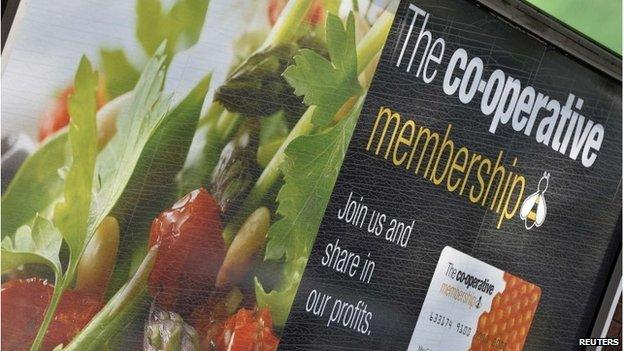
The Co-operative Group has reported losses of £2.5bn for 2013, the worst results in the organisation's history.
The results come shortly after the loss of two directors amid a review into how the group ought to be governed.
Lord Paul Myners quit as a board member following resistance to his plans for reform. His departure followed the exit of chief executive Euan Sutherland who left after less than a year in the job.
What exactly does the Co-operative Group do, and how is it run? And will it be possible for it to maintain its spirit and ethics through all the changes?

What is the co-operative movement?
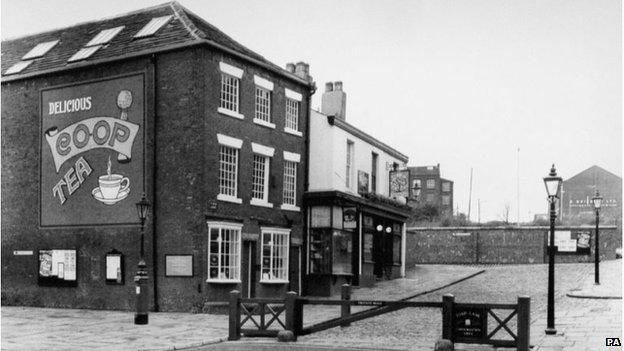
The Toad Lane shop in Rochdale that was the birth place of the UK's co-operative movement
The co-operative movement in the UK began in the north of England in the mid-19th Century. These societies were owned by their members and were usually small retailers which sold a variety of goods.
They came about to sell "pure" food at "full weight and measure" at a time during the industrial revolution when these things were not guaranteed at shops, according to one of their oldest societies, external. Coming together meant they could combine their buying power and control quality.
The Co-operative Wholesale Society formed in 1863. It has come to be called the Co-operative Group, and is the flagship organisation in the co-operative movement.
Gillian Lonergan, head of heritage resources at the Co-operative Heritage Trust, says that in the 19th Century there were as many as 1,000 co-operative societies in Britain.
Soon, a division for loans and deposits developed. Founded in 1872, this former part of the group turned into what is now called the Co-operative Bank.

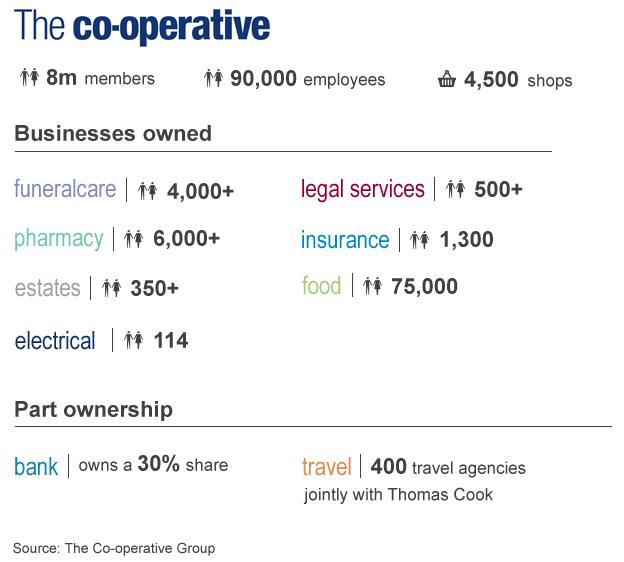
What does it do today?
Today, the Co-operative Group has food, pharmacy, funeral, electrical, travel and legal businesses.
It is the largest "mutual" business in the UK, owned by its customers and members who number almost 8 million.
The grocer, called Co-operative Food, became the fifth-largest food retail business in the UK after buying Somerfield in 2009. It's the group's biggest business, making more than half of all sales.
The Co-operative Group is also the biggest funeral provider and it owns the country's third-largest chain of pharmacies.
According to its website, external, the Co-operative Group runs 4,500 stores, employs more than 90,000 people and has annual sales of more than £13bn.
The group lost full ownership of Co-operative Bank after owners of its debt had to bail it out when it uncovered £1.5bn of unexpected losses. Co-op Group now owns about 30% of the lender.

How is the movement run?
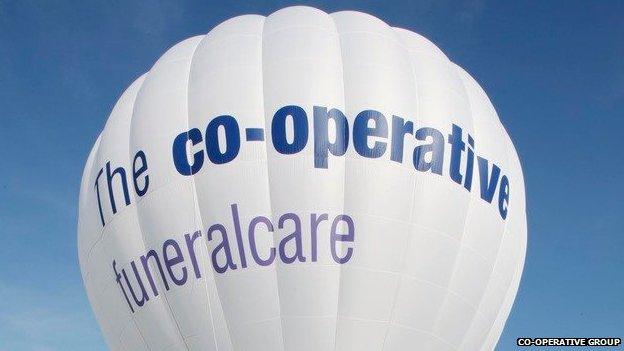
Co-op has a group board and separate business boards, which manage food and services like funerals
The group is owned by its members and 80 or so member societies.
Area committees are the grass roots of the organisation. There are about 48 of them, each with 10 to 12 members who serve three-year, elected terms.
These area committee members elect members of the seven regional boards. They, in turn, elect 15 of the 21 members of the group's board. Of the remaining six, five come from member societies, such as Midcounties and Midlands, and there's an independent director, the role held by Lord Myners.
There are also boards for the food business; the bank, which the group no longer fully owns; and specialist businesses, which include the pharmacies and funeral care.

Is that better than being a private company?
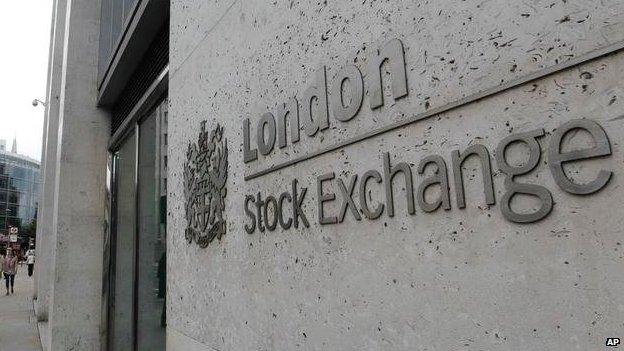
The Co-op argues publicly traded retailers have large pay imbalances
The group is very keen to point out the advantages of being owned by members and customers, as opposed to being a company owned by shareholders.
Critics point to the complexity of how the business is governed and the sheer number of people who have some say in the running of the company.
But Co-op say its democratic structure is part of its strength. It means a big organisation can make use of ideas and knowledge relevant to local communities. It can also listen on things like pay.
But a recent report by Lord Myners casts doubt on how well the setup is working in practice.
What makes matters more complicated is that while there are no shareholders, the group does issue bonds - loans held not by a bank, but by investors looking for a return.
While bondholders have no say in the running of the company, they can become influential when a company is in trouble. When the Co-op's bank needed rescuing, bondholders swapped their loans for a combined 70% ownership stake in the lender.

What happens now?
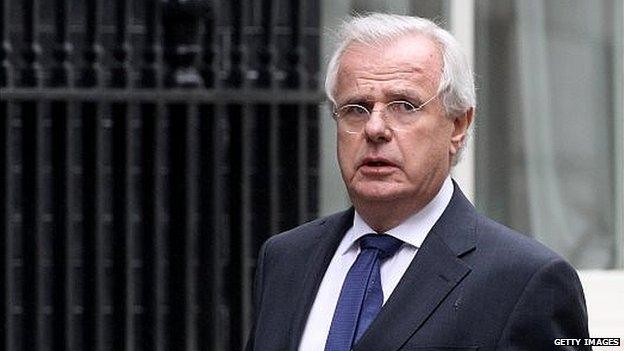
Lord Myners quit the board amid criticism of his calls for reform
Following the losses at the lender's bank, the company last year appointed former City minster, Lord Myners, to review the group's governance structure and made him its independent director.
.gif)
The process has thus far been a painful one. Co-op Group lost its chief executive, Mr Sutherland, when he resigned following the leak of his £3m-a-year pay package to a national newspaper. He told the BBC: "The senior democrats talk the talk of reform, but in practice they won't do it."
Lord Myners quit the board amid criticism of his plans to reform the business. His initial review was highly critical of the group's takeovers of Britannia and Somerfield.
The first stage of the Myners review accuses the Co-op of suffering from a significant "democratic deficit" in which ordinary members have surprisingly weak constitutional rights and a limited ability to influence the group's social mission and activities.
The three-tiered governance system of area committees, regional boards and a group board had "consistently produced governors without the necessary qualifications and experience to provide effective board leadership", he added.
Lord Myners also said the system meant ordinary members could not directly elect group board members.
Midcounties, the largest of the Co-op's independent societies with revenues of £1.2bn and more than 10,000 employees, has publicly opposed the planned reforms. Its president, Patrick Gray, told the Today programme they would not support the "menu" Lord Myners is offering, and that there needed to be negotiation.
"Among the independent consumer co-operative societies, it is demonstrably the case that it is the most democratic that are the most successful in commercial terms, not the reverse," Midcounties said.
With almost 300 subsidiaries, external, it's a complex business. Reform in any format is unlikely to be quick.

Is every co-operative in the UK a member of Co-operative Group?
In short, no. The Co-operative Group says it accounts for about 80% of the total Co-operative movement in the UK.
Co-operatives UK, the trade body for societies, estimates the co-operative economy is worth about £36.7bn and has 15.4 million members. While most co-operatives are in retail or agriculture, they include schools and sports clubs, external.
- Published10 April 2014
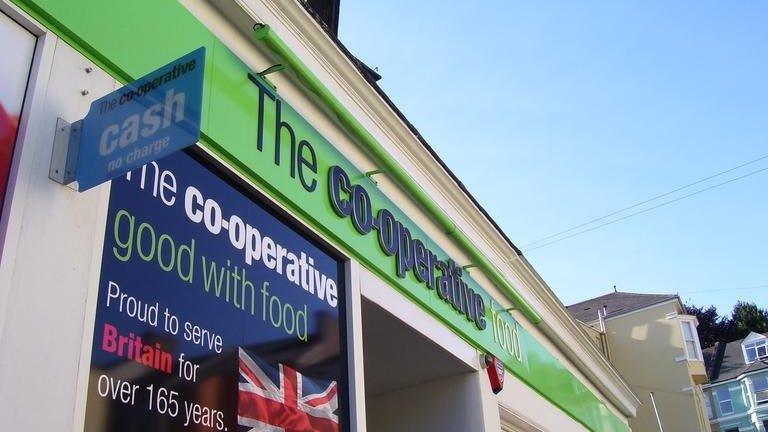
- Published14 March 2014
